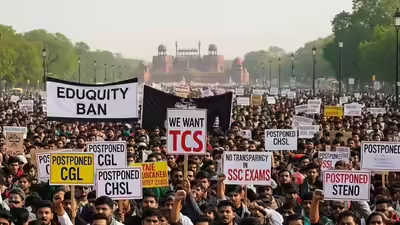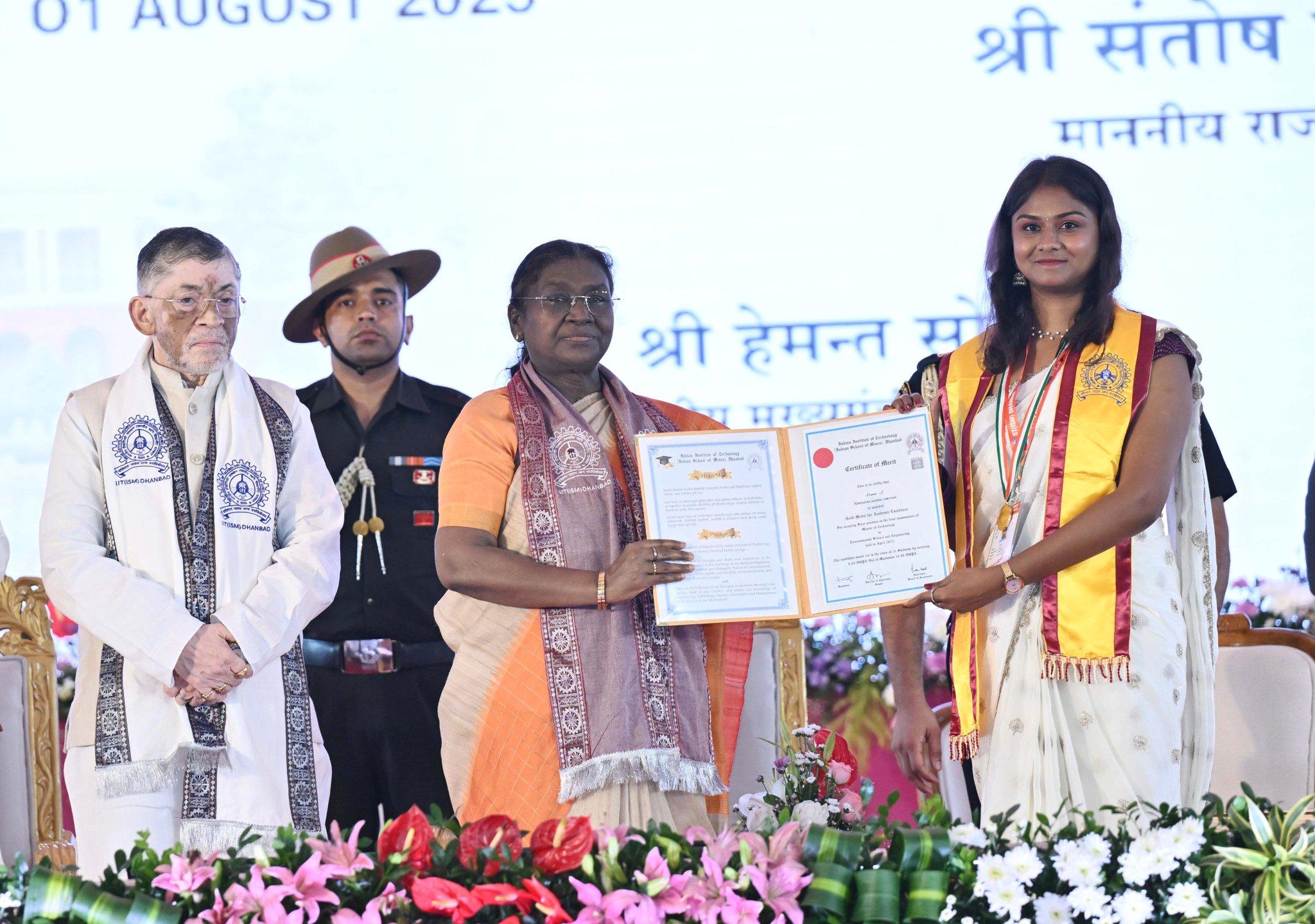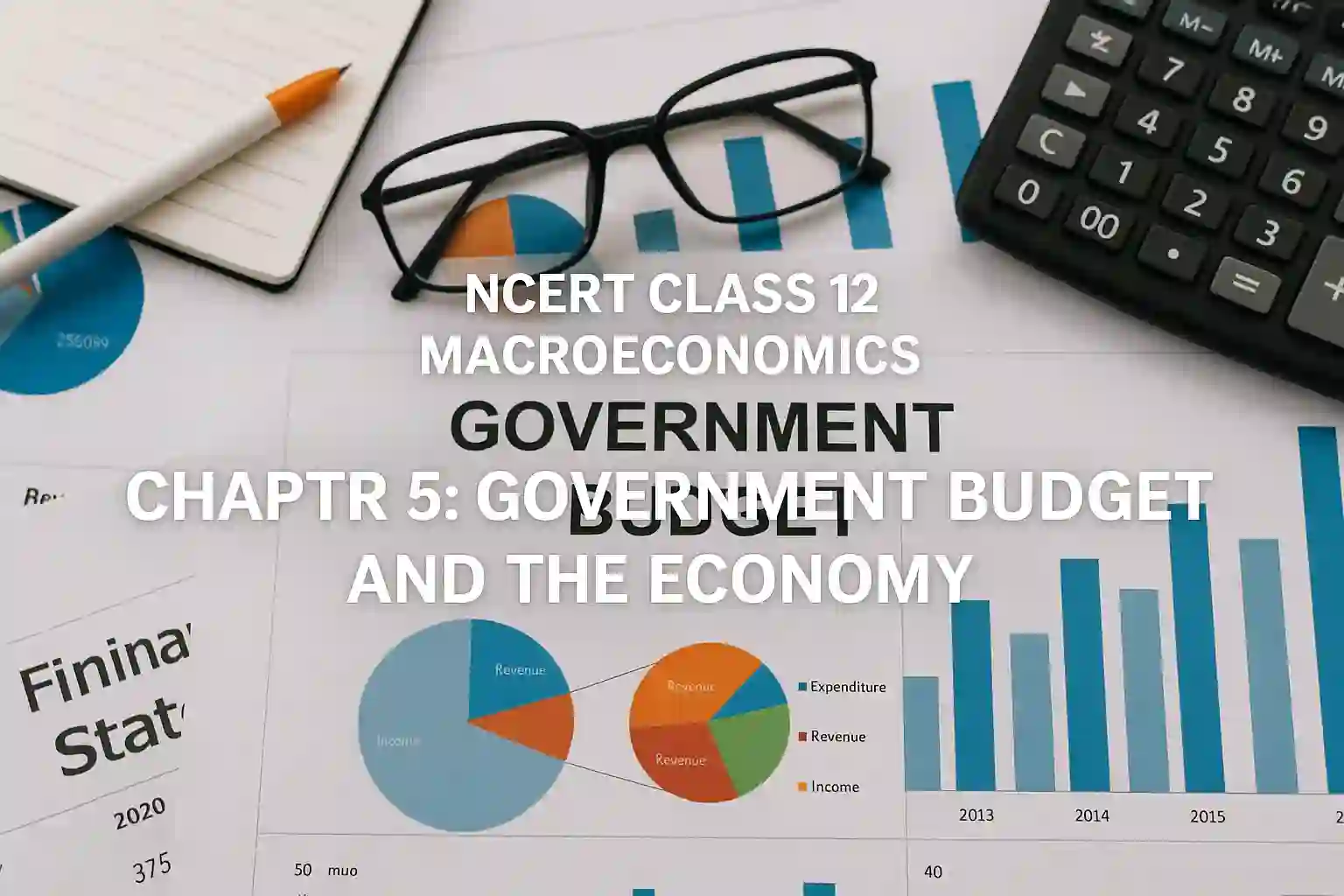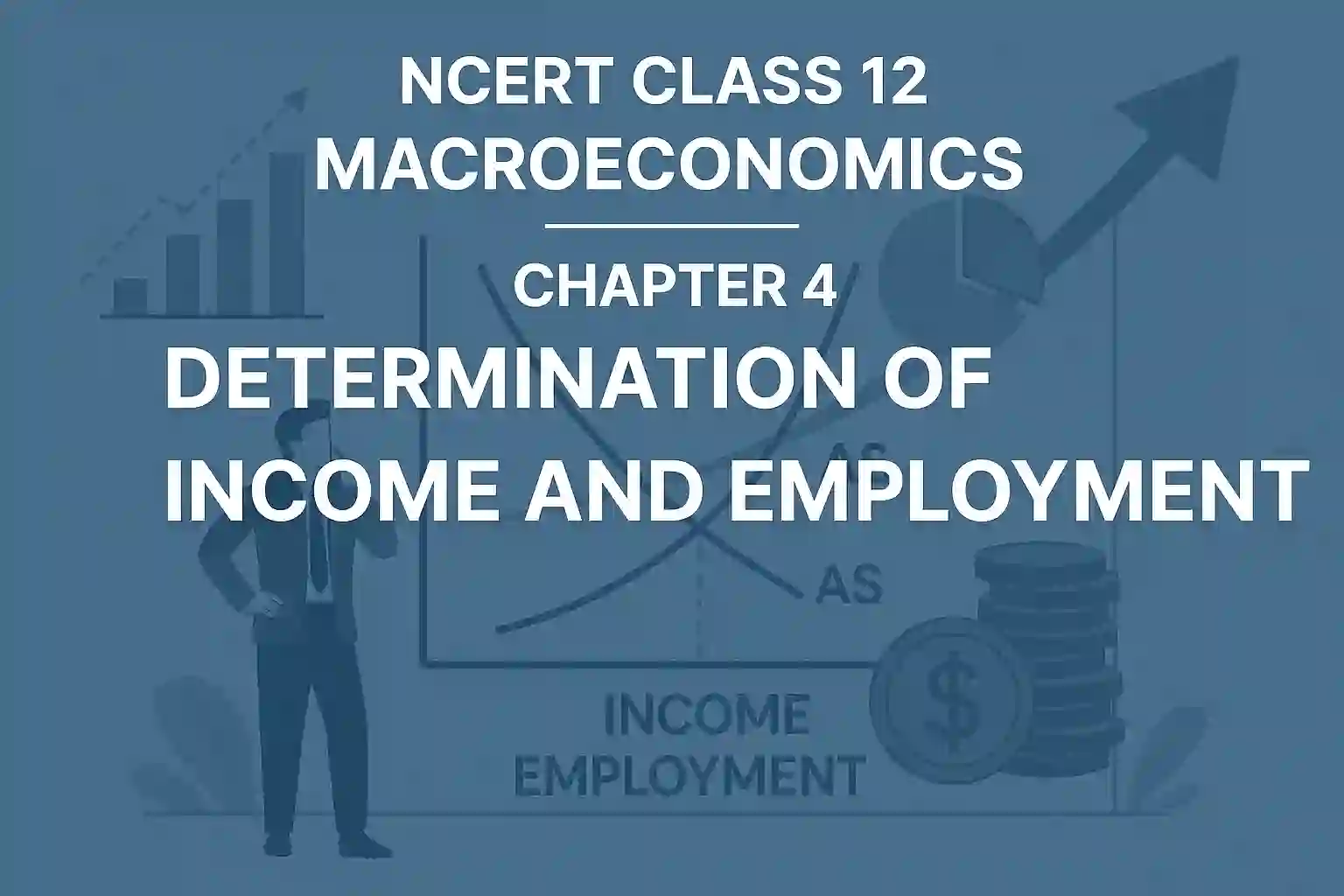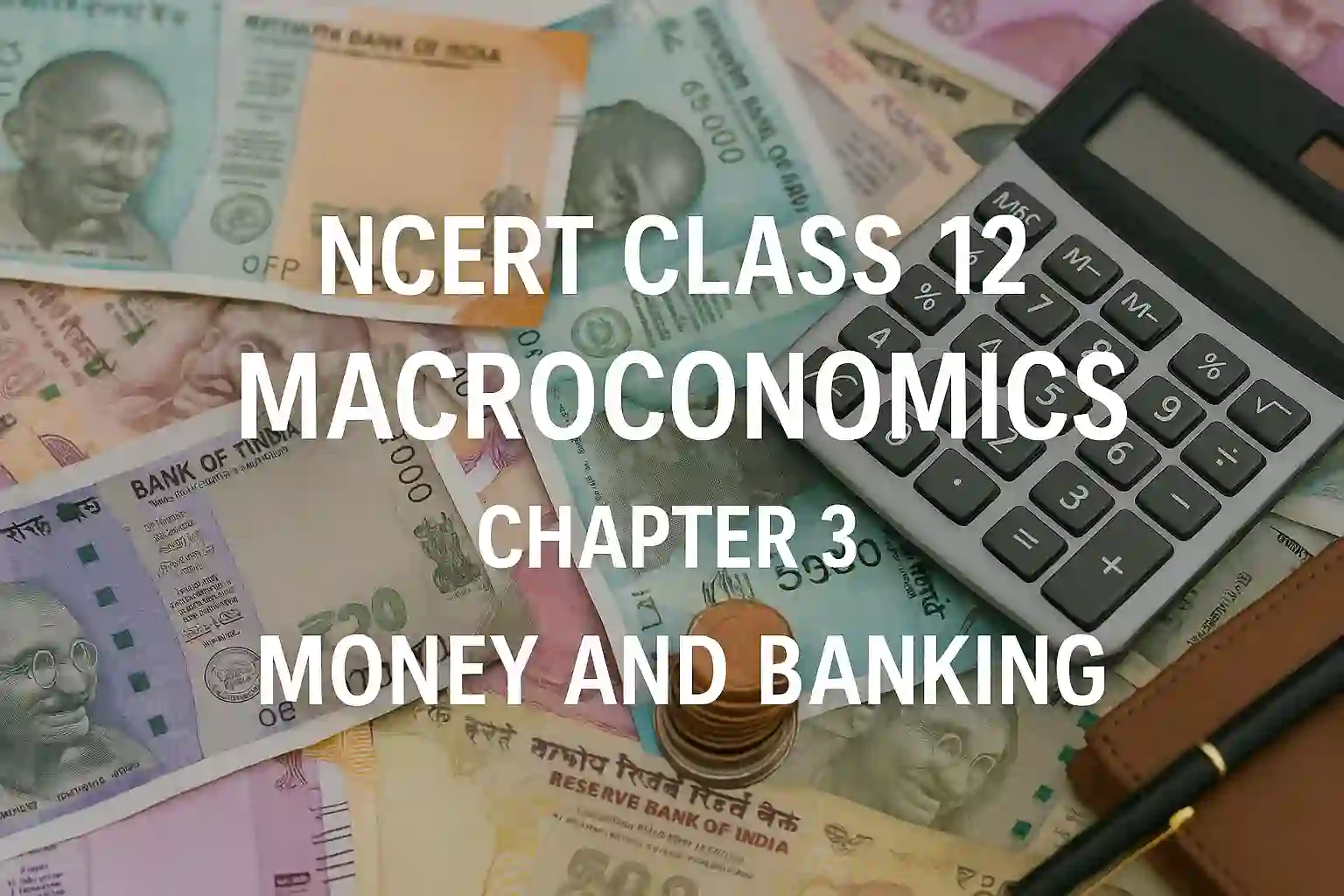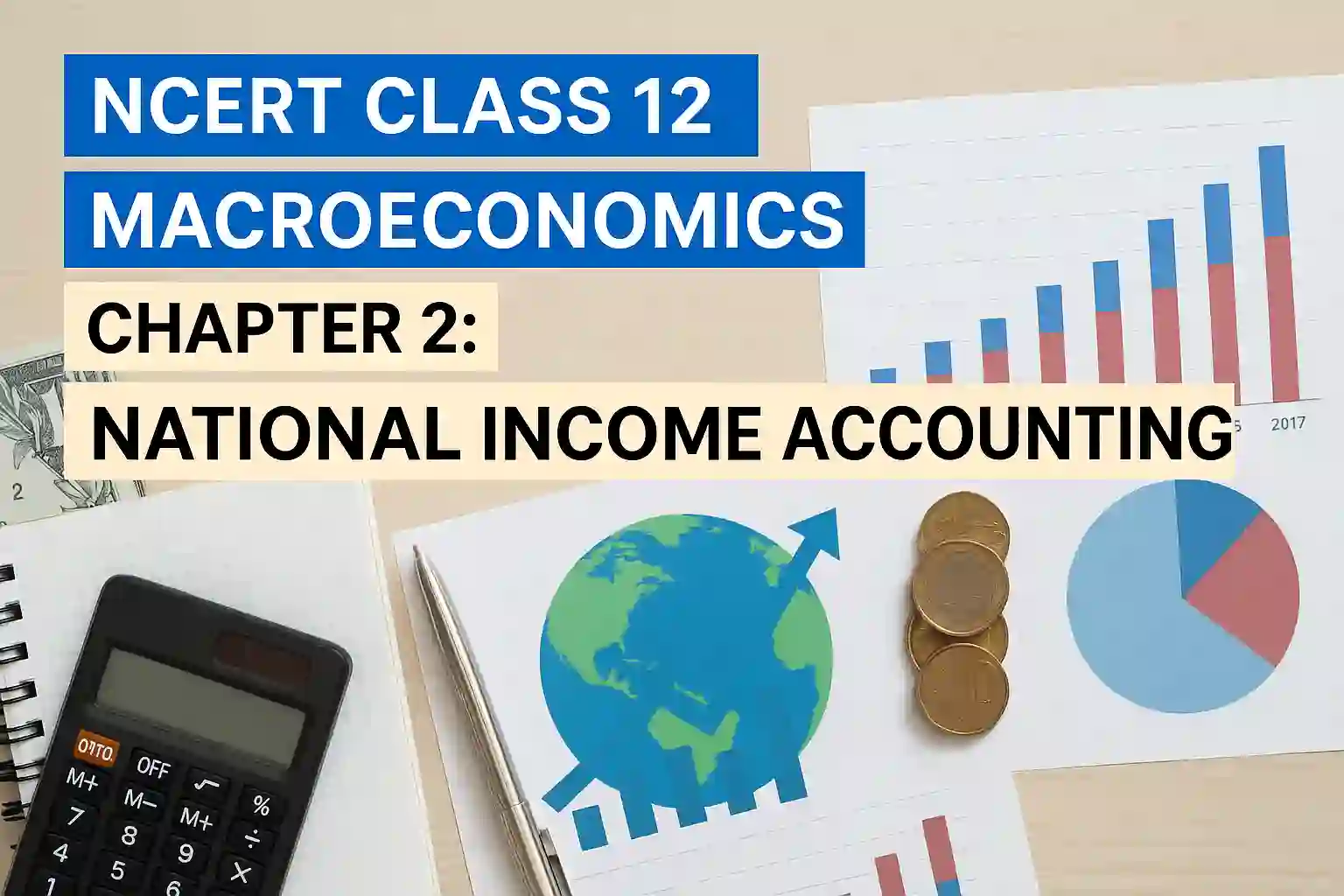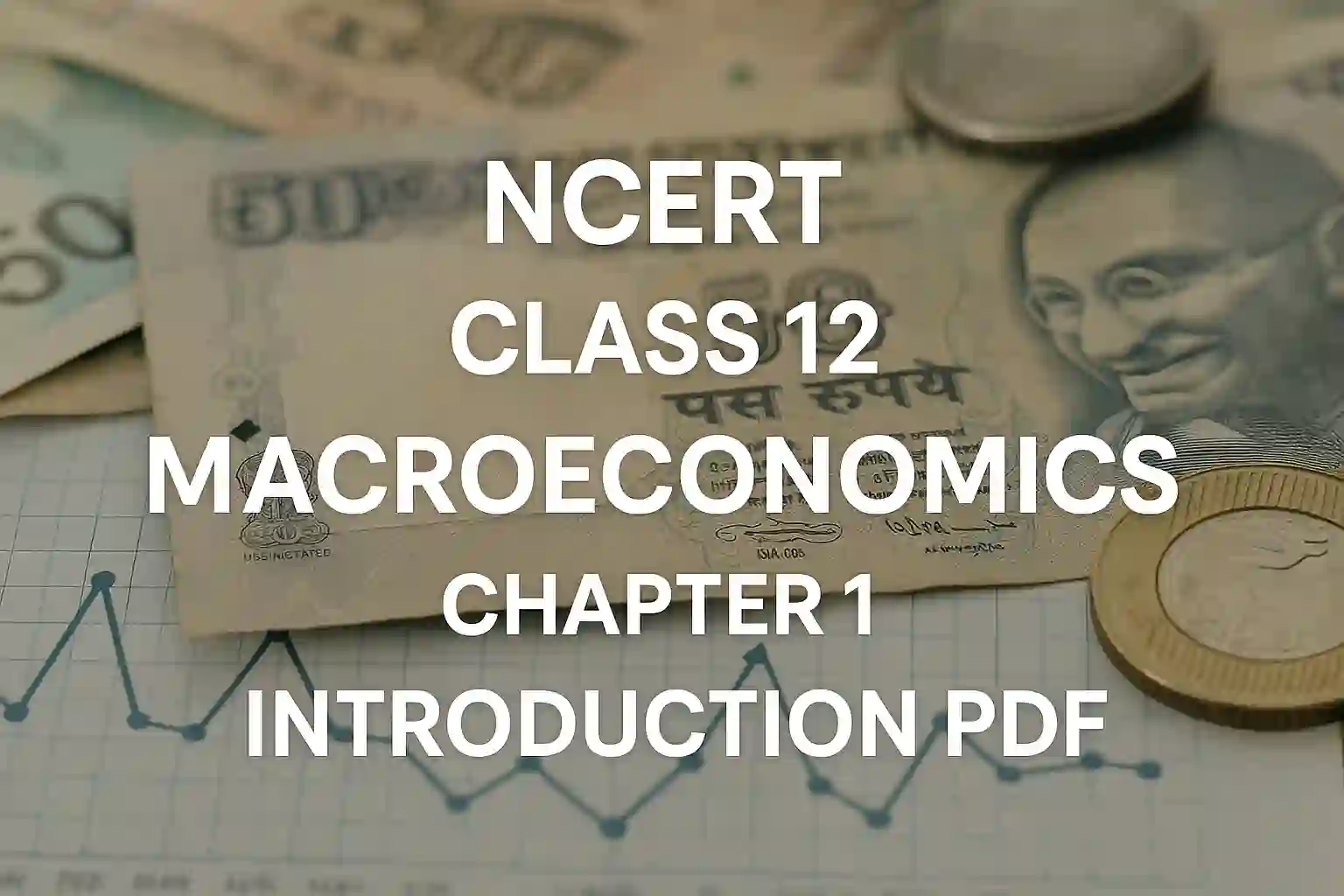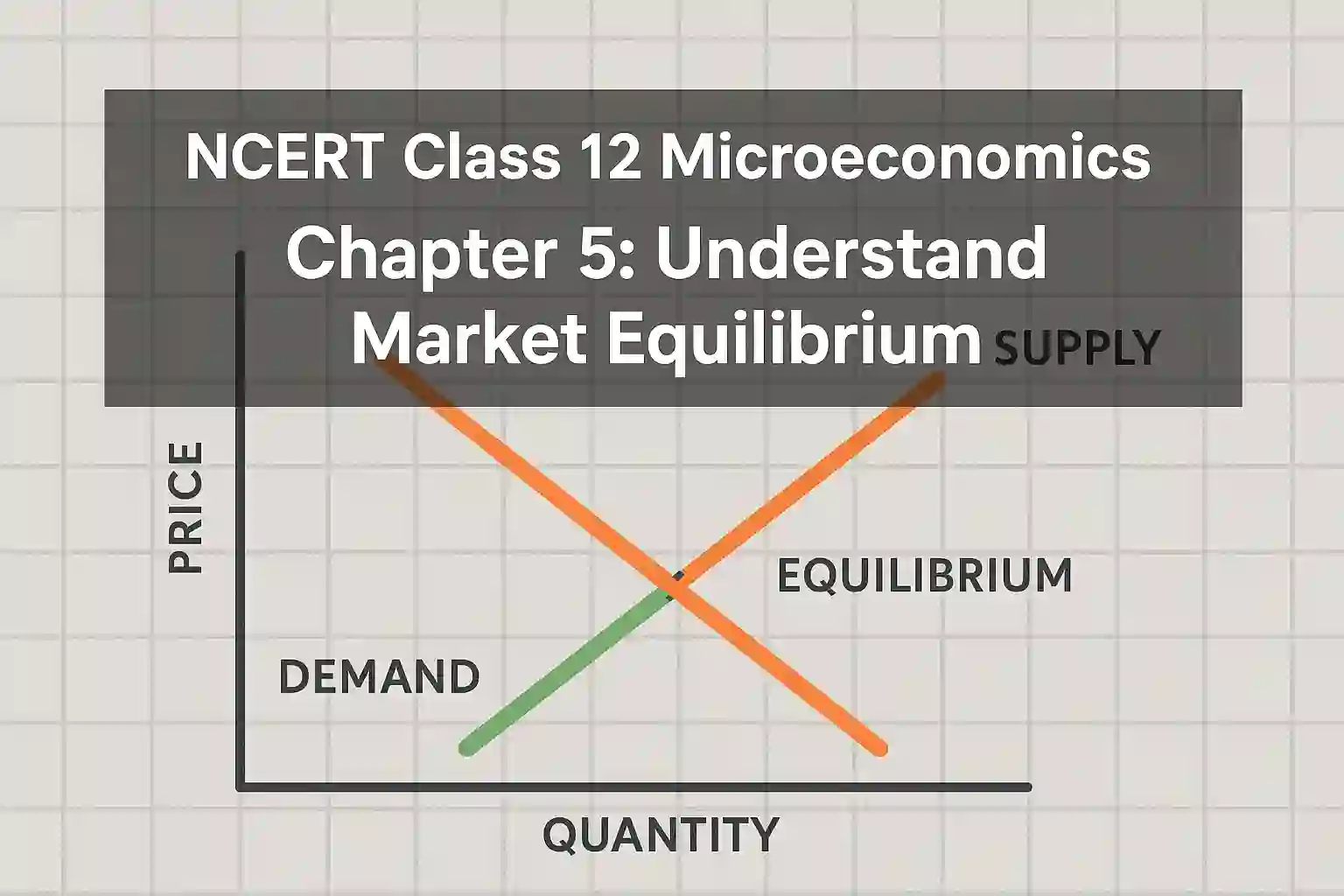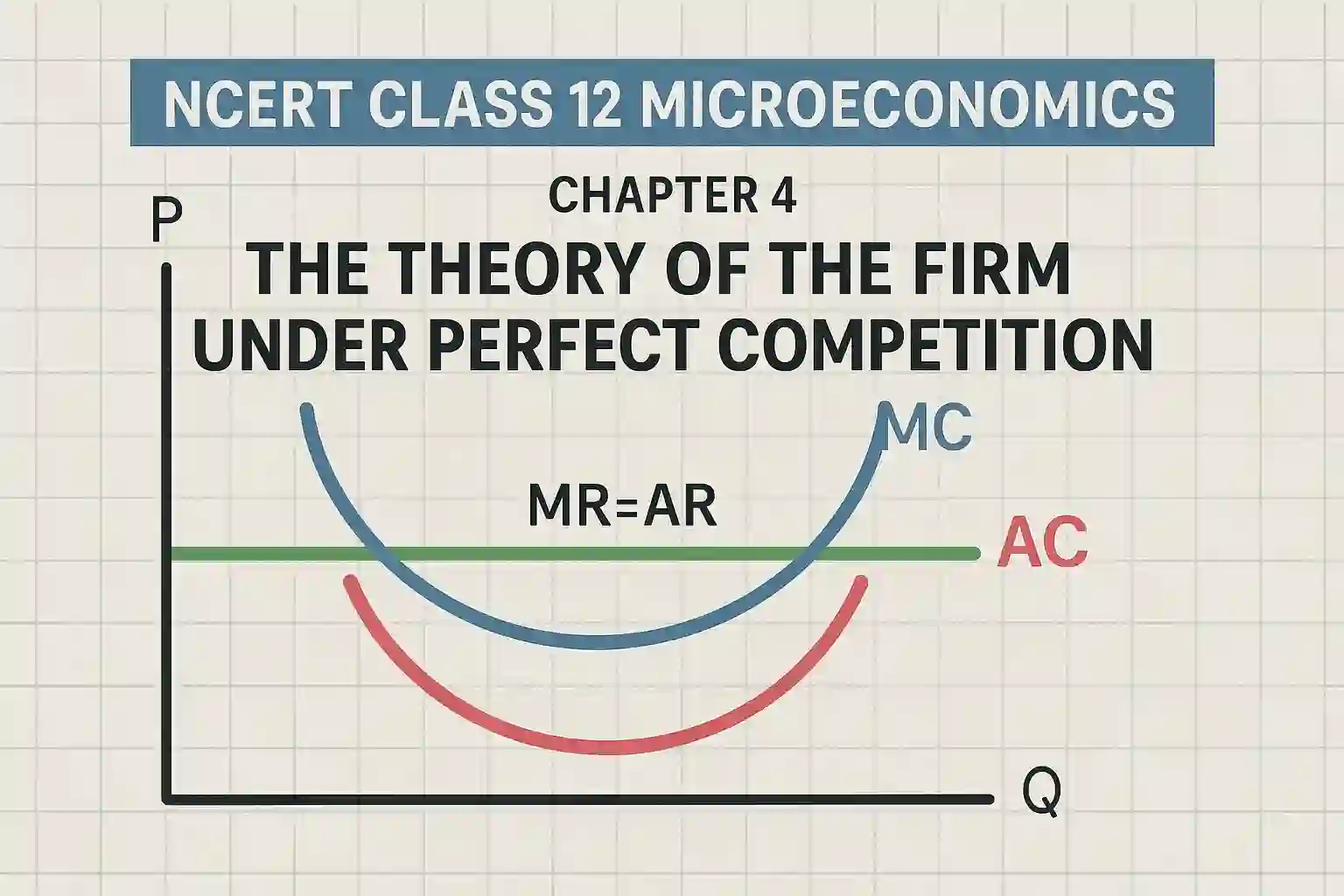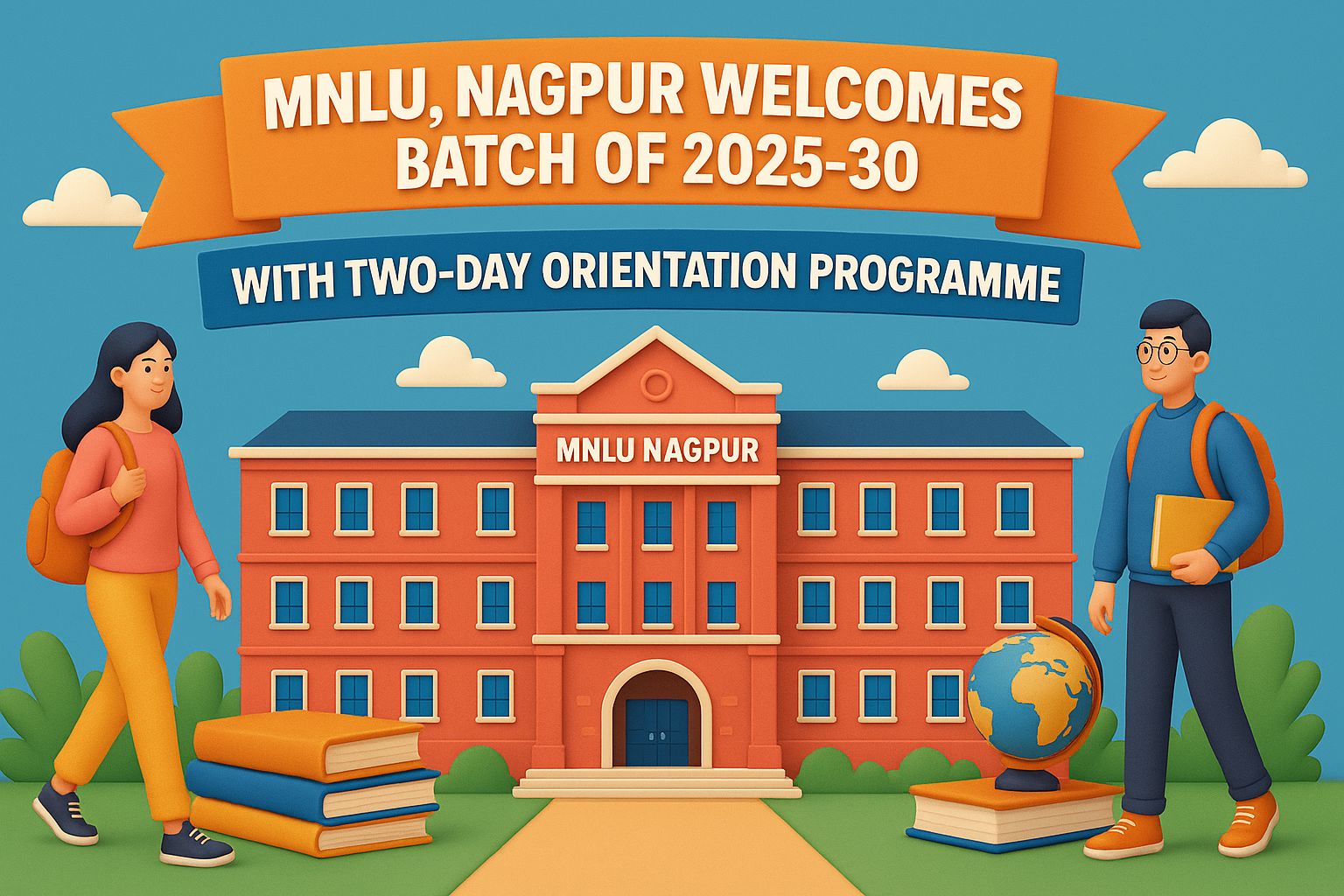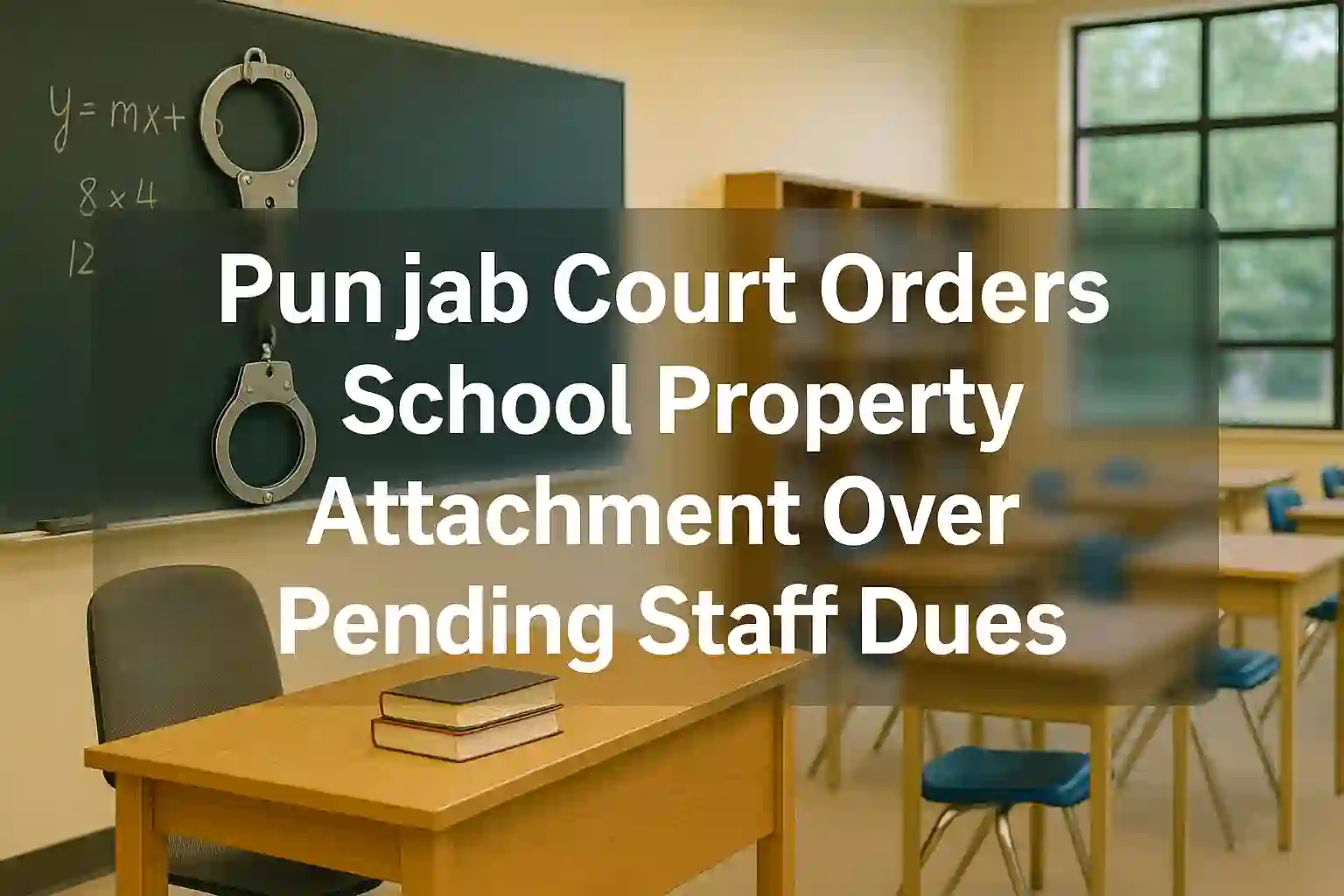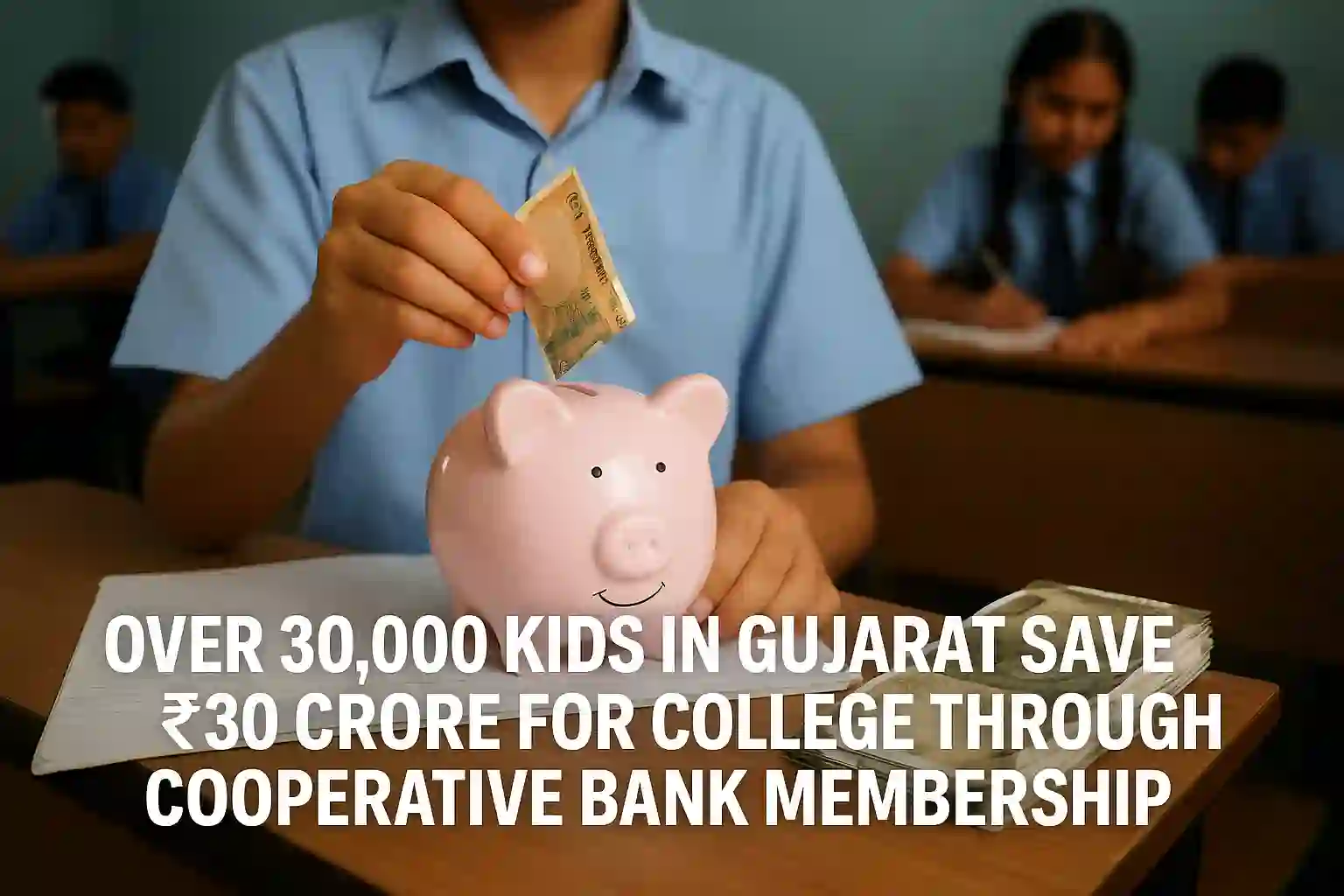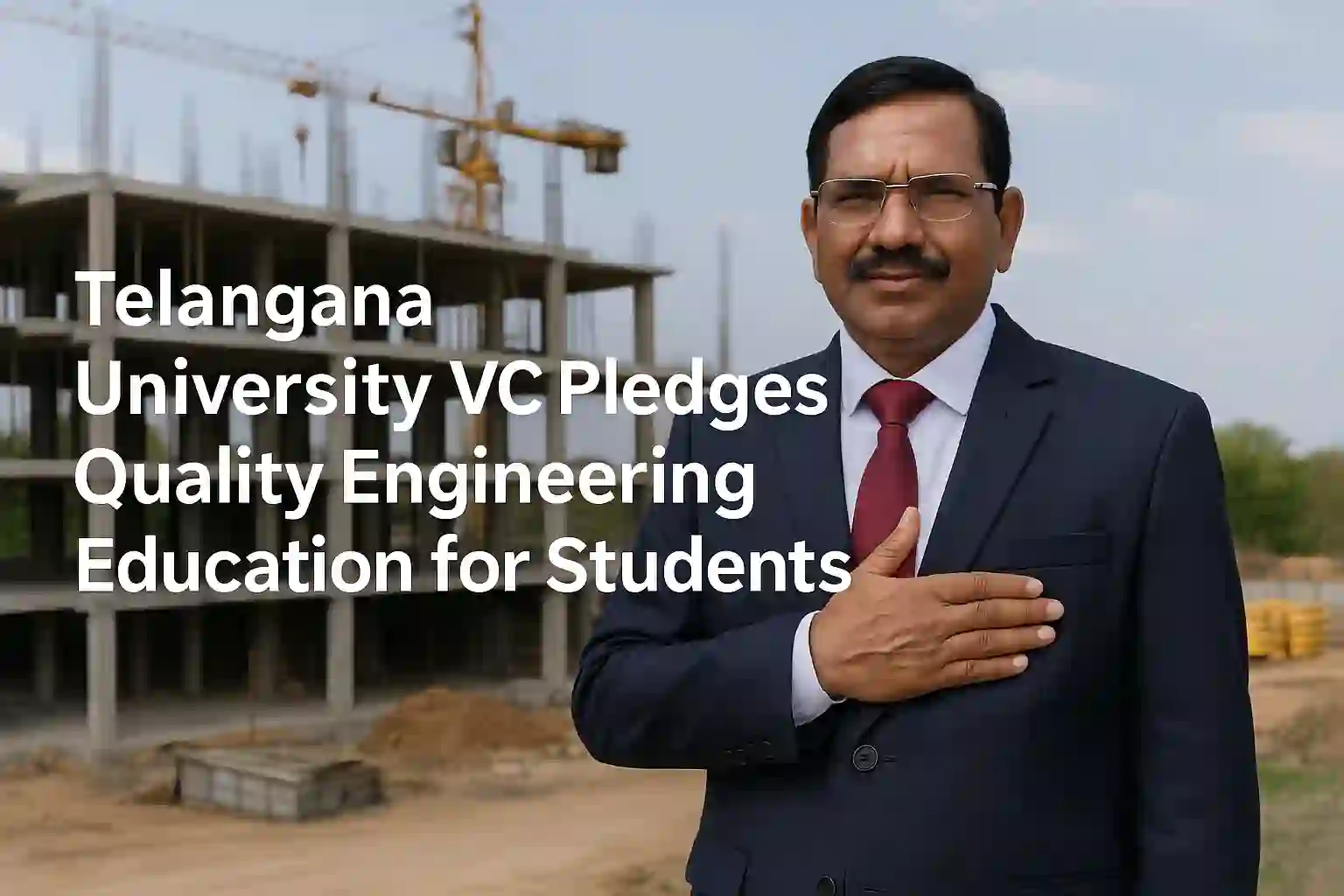Kerala University has taken a big step towards promoting inclusive education by launching a tribal language primer meant to support children from indigenous communities. This initiative aims to bridge the learning gap for tribal students by helping them understand classroom concepts in their mother tongue. The primer focuses on the Malavedan language, spoken by a tribal group primarily residing in Kerala’s hilly forest regions, and is expected to be a helpful resource for early learners in tribal settlements.
I chose to write about this topic because language has a direct impact on a child’s learning experience. For tribal children, the language barrier is one of the biggest reasons they fall behind in school. Most of the textbooks and teaching instructions are in Malayalam or English, which are unfamiliar to many kids in tribal regions. So, when a respected university takes the effort to prepare a learning tool in a tribal language, it’s not just an academic move—it’s a way of saying these children’s voices and cultures matter. As someone who values inclusive education and cultural preservation, I believe this initiative deserves attention, discussion and replication.
Why This Tribal Language Primer Matters
The newly released primer is the result of a dedicated project by Kerala University’s Department of Linguistics. It focuses on the Malavedan language, which is not widely documented or used in formal education. The content of the primer includes:
- Basic vocabulary in Malavedan and Malayalam
- Phrases and expressions used in daily life
- Picture-based storytelling for easy understanding
- Activities to improve memory, word recognition and speaking skills
This is a simple yet powerful tool to help tribal children transition into mainstream education without losing touch with their roots.
Who Will Benefit?
The immediate beneficiaries are children from the Malavedan tribal community living in areas like Kollam, Pathanamthitta and Idukki. These children often find it hard to grasp lessons when they start school because of language barriers. This primer will help them learn in a way that feels natural, reducing early-stage dropout risks.
Teachers in tribal schools can also use this as a guide to communicate better with students, especially during the foundational years of learning. The Kerala SC/ST Development Department is planning to distribute the primer across government tribal schools.
Language Preservation Meets Practical Education
Kerala is known for its relatively progressive approach to education, but tribal children have remained a vulnerable group. Many of them are first-generation learners. For them, going to school often means not just learning something new but leaving behind the familiar—like their language and cultural identity.
This primer helps to change that. Instead of forcing children to adjust to the education system, it’s the system that is adjusting to the child. This approach can make learning more effective and culturally relevant.
In the long run, this also plays a role in preserving indigenous languages that are rapidly disappearing. According to studies, many tribal languages are endangered. When children learn in their mother tongue and see it in printed form, it gives legitimacy and value to their language and culture.
Could This Be a Model for Other States?
Absolutely. Several states in India—like Odisha, Jharkhand and Madhya Pradesh—have large tribal populations and face similar challenges. If Kerala’s model works well, it can inspire other states to prepare primers in tribal languages like Santali, Ho, Gondi, and Bhili.
There’s already talk of preparing similar materials in other tribal languages of Kerala like Paniya and Kattunayakan. But for that, there will have to be proper documentation, linguistic research and most importantly, involvement of local tribal elders and educators.





